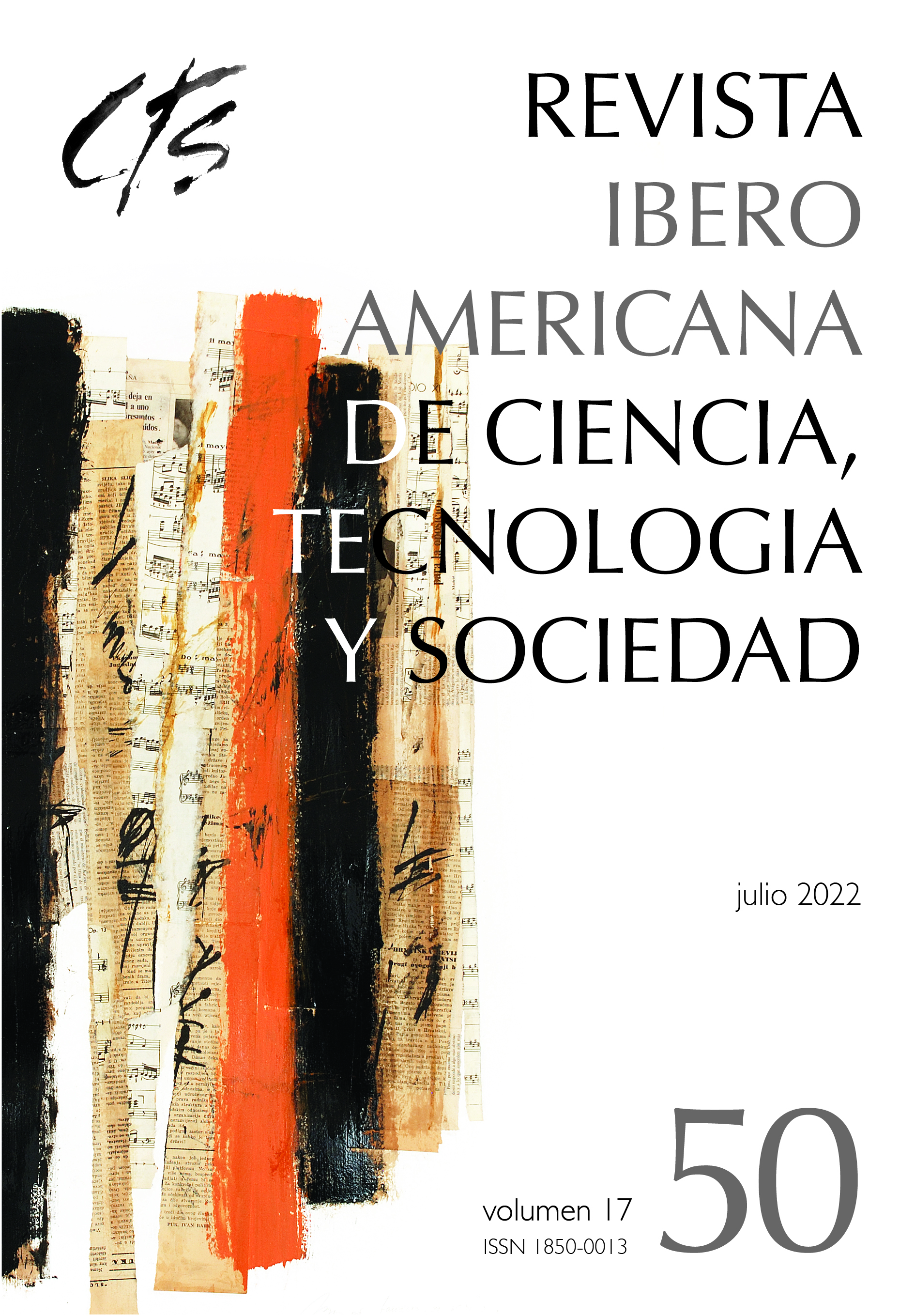The Need to Decentralize the Dominant Discourse on Port Cities
Abstract
Port cities have fulfilled essential functions for the emergence of international maritime trade and its expansion worldwide. Logistics and port infrastructures and technologies have played a central role in this expansion. Maritime transport and ports have connected distant territories by channeling flows of populations, raw materials, merchandise, gold, silver, money; and have contributed to the spread of ideas, religious beliefs, and technologies (Ciccantell and Bunker, 1998; Hein, 2011; Schubert, 2011; Vormann, 2015). These lines are representative of a dominant discourse in the field of studies on port cities that suggests that these have always been meeting places between cultures and people, as well as dynamic factors of exchange and development. This portrayal of port cities -their diverse culture, social and ethnic pluralism, and economic and commercial dynamism- has fascinated the modern imagination based on the ideology of progress.
Downloads
Downloads
Published
How to Cite
Issue
Section
License
Copyright (c) 2022 CC Attribution 4.0

This work is licensed under a Creative Commons Attribution 4.0 International License.
All CTS's issues and academic articles are under a CC-BY license.
Since 2007, CTS has provided open and free access to all its contents, including the complete archive of its quarterly edition and the different products presented in its electronic platform. This decision is based on the belief that offering free access to published materials helps to build a greater and better exchange of knowledge.
In turn, for the quarterly edition, CTS allows institutional and thematic repositories, as well as personal web pages, to self-archive articles in their post-print or editorial version, immediately after the publication of the final version of each issue and under the condition that a link to the original source will be incorporated into the self-archive.











